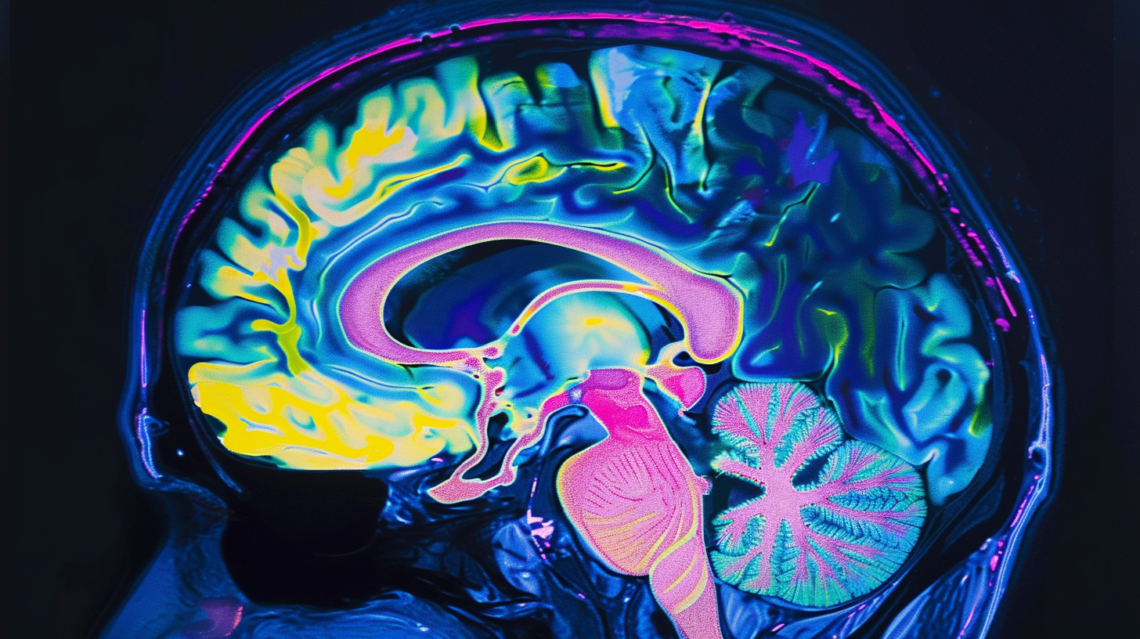
Functional Neurological Disorder
Understanding Functional Neurological Disorder (FND) necessitates a journey into the complexities of how our bodies and brains communicate. This condition, intricate in its nature, affects the nervous system’s functionality, specifically in how the brain and body send and receive signals. In essence, something goes awry in this communication network, leading to a plethora of symptoms that defy easy categorization under known diseases. FND is multifactorial, meaning it can be sparked by a variety of risk factors, both physical and psychological. These contributing elements can intertwine in a manner that makes it challenging to pinpoint a single cause. The resulting symptoms are undeniably real and can significantly impact an individual’s quality of life, sometimes even more so than other neurological conditions that are better understood.
FND’s Unique Position in Medical Science
FND sits at a crossroads of medical disciplines, sharing elements with both neurology and psychiatry, yet not fully residing in either. This unique position underscores the need for a collaborative approach to diagnosis and treatment, one that respects the complexity of the disorder and the person experiencing it. FND is considered a rare condition, but its rarity does not diminish the profound effect it can have on those it touches. A critical aspect of understanding FND is recognizing that the symptoms experienced by patients are not under their conscious control. This is a vital point of clarification, as misconceptions abound regarding the nature of these symptoms.
Symptomatology and Its Impact
Symptoms of FND can appear suddenly and progress rapidly, displaying a tendency to wax and wane over time. This unpredictable pattern can include periods of complete remission, followed by sudden recurrences, adding an element of uncertainty to the lives of those affected. The range of symptoms associated with FND is broad and varied, encompassing chronic pain, cognitive changes (such as difficulties with memory and concentration), alterations in bladder and bowel function, challenges with gait and balance, headaches, involuntary movements, paralysis, weakness, seizures, sensory changes (including altered sensation or hypersensitivity), sleep disturbances, speech problems, and visual changes.
It’s not uncommon for these symptoms to be triggered or exacerbated by another illness or a physical injury. This overlap, often referred to as a ‘functional overlay’, complicates the clinical picture but should not deter the provision of comprehensive care. The presence of FND alongside another medical condition necessitates a nuanced approach to treatment, one that addresses both the symptoms of FND and the concurrent illness without prioritizing one at the expense of the other.
Navigating Treatment and Support
Addressing FND requires a multifaceted strategy, ideally involving a team of healthcare professionals who can offer a range of therapeutic options tailored to the individual’s specific needs. This team might include neurologists, psychiatrists, psychologists, physiotherapists, occupational therapists, and speech therapists, among others. The goal of treatment is not only to manage symptoms but also to improve the overall quality of life for the individual. This can involve physical therapy to address motor symptoms, cognitive-behavioural therapy to help manage the psychological aspects of living with FND, and medication to alleviate specific symptoms such as pain or seizures.
Education plays a crucial role in the management of FND. For patients, understanding the nature of their symptoms and the underlying disorder can be empowering, providing a foundation upon which to build an effective treatment plan. For healthcare providers, knowledge of FND is essential for accurate diagnosis and the development of an empathetic and effective approach to care.
Navigating the complexities of Functional Neurological Disorder calls for a partnership between patients and their healthcare teams, one that is grounded in mutual understanding and respect. The diversity of symptoms and their impact on daily life necessitates a treatment approach that is as unique as the individuals experiencing them. Advances in medical science and a deeper understanding of FND are lighting the path to more effective treatments and improved quality of life. Through collaborative care, embracing both neurology and psychiatry, we are moving toward a future where the challenges of FND can be faced with renewed hope and confidence. In this journey, education and empathy stand as pillars, supporting a framework where patients can navigate their symptoms with dignity and a sense of empowerment.
FND Resources
For comprehensive insights into Functional Neurological Disorder, including frequently asked questions and updates on current research, visit fndhope.org. This resource offers a wealth of information tailored to both individuals navigating the complexities of FND and their supporters, providing a thorough overview of the condition, practical advice, and the latest findings in the field.

